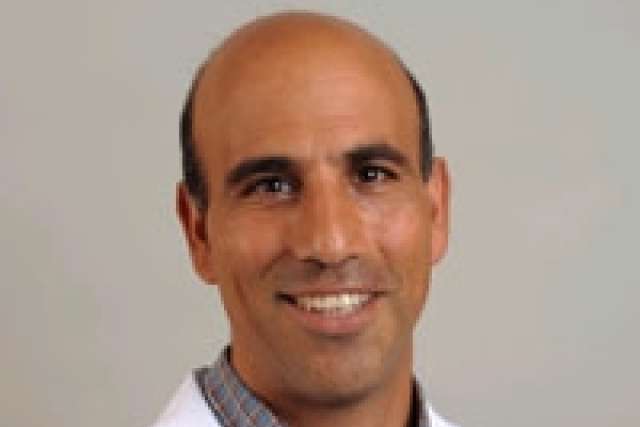Dear Doctor: I am a 60-year-old man who exercises regularly and takes no medicines. At my last physical exam, my doctor gave me an Advance Directive form. Do I really need to fill one of these out?
Unequivocally, yes. Advance Directives are forms providing direction to both family members and the medical community about your wishes in emergencies. More to the point, they specify what your wishes are, in case you can't speak for yourself.
The first part of an Advance Directive asks whom you would want to make medical decisions for you. Termed a medical power of attorney, this can be your wife, one of your children, or a very good friend. It cannot be your doctor. The crucial aspect of this choice is the level of trust you have in your decision maker. If you were to lose decision-making capacity, your decision maker would speak with doctors about your care on your behalf – becoming both your advocate and the person who chooses resuscitative measures, if any. Not only should you trust the person to whom you give medical power of attorney, you also need to have frank conversations with that person about what you would want.
It sounds as if you’re healthy, and thus have a low likelihood of a major illness. But health problems can happen at any time. If you were hospitalized for a heart attack, stroke or a traumatic brain injury, what choices would you want to make? If you were unable to breathe, would you want a tube, attached to a ventilator, placed into your lungs? The answer may be yes – but not indefinitely. If that’s the case, then for how long? Would you consider a tracheostomy, if you were on a ventilator for more than two weeks? Again the answer may be yes. How about a feeding tube that enters your stomach through your skin? For how long would you want such a measure?
These are not easy topics to consider, or to discuss with the ones you love. But they are important. Ideally, doctors could help with the discussion about end of life, but because the nature of doctors is to treat and heal, many have difficulty discussing end of life decisions with their patients.
Studies have shown that even with patients who face a life-limiting disease, physicians discuss Advance Directives only 40-45 percent of the time. One study posed a hypothetical situation in which a man with stage 4 gastric cancer metastasized to his lung, comes to the emergency room with his wife for severe shortness of breath. The husband and wife in this scenario did not have an Advance Directive, but their preference was for the husband to remain comfortable and out of the intensive care unit. Only 48 percent of the 27 physicians who treated this hypothetical patient were able to coax out the appropriate information in order to treat him in accordance with his goals and preferences.
Now, I know you don't have gastric cancer, but death is an inevitability. Providing your loved ones, the medical system and yourself direction about your course of care gives you some control over that inevitability.
Robert Ashley, MD, is an internist and assistant professor of medicine at the University of California, Los Angeles.
Ask the Doctors is a syndicated column first published by UExpress syndicate.




